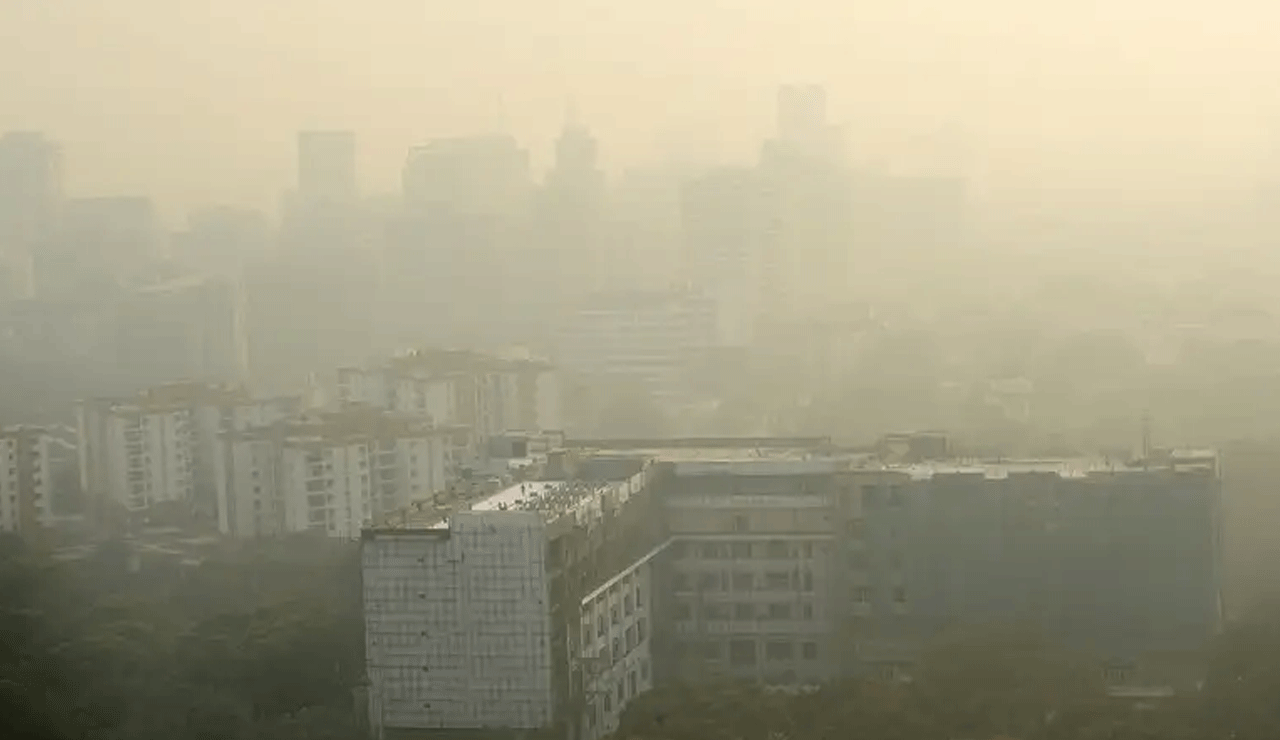Combined Impact of Air Pollution and Extreme Heat Significantly Increases Mortality Risk in Indian Cities: Study
A new study from the Institute of Environmental Medicine, Karolinska Institutet, published in the journal Environment International, reveals that extreme heat and high air pollution together pose a far greater threat to human life in Indian cities than either factor alone.

A new study from the Institute of Environmental Medicine, Karolinska Institutet, published in the journal Environment International, reveals that extreme heat and high air pollution together pose a far greater threat to human life in Indian cities than either factor alone.
Table of Contents
Study Analyzes 3.6 Million Deaths Across 10 Indian Cities
The study analyzed daily mortality data from 10 major Indian cities between 2008 and 2019, covering approximately 3.6 million deaths. Using two advanced spatiotemporal models, researchers estimated daily exposure levels of fine particulate matter (PM2.5) and temperature.
The findings suggest a strong interactive effect between air pollution and heat, with the highest mortality risk observed on days with both high PM2.5 levels and extreme temperatures.
Heat and Pollution Together Amplify Health Risks
- A 10 μg/m³ increase in PM2.5 led to a:
- 0.8% rise in daily deaths on regular warm days.
- 4.6% increase in daily deaths on extremely hot days.
- When temperature rose from warm to extremely hot:
- Risk of death increased 8.3% at 20 μg/m³ PM2.5.
- Surged to a 64% increase at 100 μg/m³ PM2.5.
These results highlight a dangerous synergy between heat and air pollution, particularly in urban Indian environments where both factors are frequently at extreme levels.
Advanced Modeling Uncovers Interaction Effects
Researchers used generalized additive Poisson regression models to assess the association between exposure and mortality, integrating interaction terms to account for the joint effect of air pollution and temperature.
“Our findings highlight the interaction between air pollution and extreme heat, especially in densely populated areas,” said Jeroen de Bont, assistant professor at the Institute of Environmental Medicine.
Urgent Need for Integrated Climate and Pollution Strategies in India
The researchers emphasize the urgent need for combined policy efforts to combat both air pollution and climate change. Petter Ljungman, principal researcher at IMM, stated:
“Given several common pollutants for air pollution and climate change, reducing air pollution levels will have almost immediate effects on reducing mortality from both air pollution and heat.”
He also stressed the importance of integrated surveillance and early warning systems that consider both climate hazards and air quality to protect vulnerable populations.
